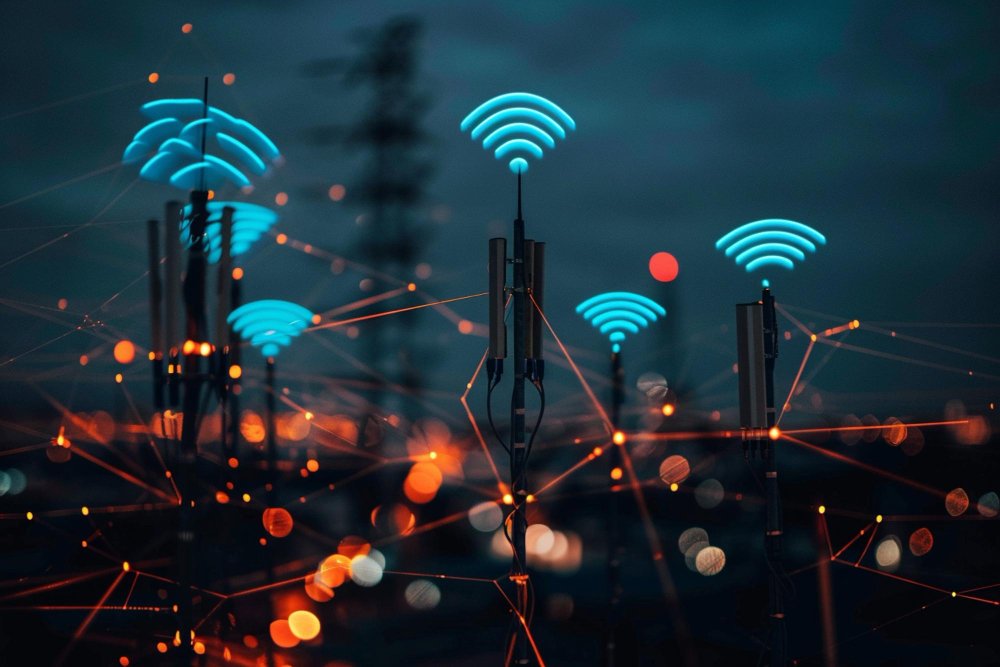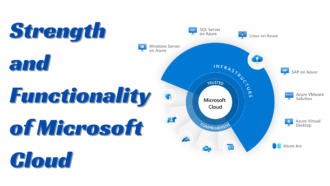How Wireless Communication is Revolutionising Everyday Life
The modern world has witnessed an incredible transformation in how people connect and share information. A significant contributor to this change is the advent of wireless technologies, which have dramatically altered various aspects of daily life. From personal interactions to business operations, these advancements have paved the way for more efficient and convenient ways of communication.
Nowadays, staying connected without the constraints of physical wires has become a norm. The technology behind wireless communication has evolved to offer seamless connectivity and greater accessibility. This development has simplified personal communication and enhanced professional productivity, shaping the future of how information is exchanged.
How Wireless Communication is Revolutionising Everyday Life
Enhanced Connectivity in Personal Life
The integration of wireless technology into everyday life has revolutionised personal communication. Mobile phones, tablets, and smart devices enable instant access to information and effortless interaction with others. People can now stay in touch with family and friends, regardless of physical location. This convenience has fostered more robust relationships and ensured that distance is no longer a barrier to staying connected.
Moreover, the rise of social media platforms, powered by these advancements, has changed how people share their lives and experiences. Photos, videos, and updates can be shared in real-time, allowing for a more interactive and engaging way of staying connected.
Impact on Business Operations
Businesses have also experienced a significant shift due to the evolution of wireless technology. The ability to communicate without physical constraints has led to more efficient and flexible work environments. Remote work has become increasingly feasible, allowing employees to connect and collaborate from virtually anywhere. This has resulted in higher productivity and job satisfaction, as people can maintain a better work-life balance.
Additionally, wireless technology in business operations has streamlined various processes. Customer service has improved through instant messaging and chatbots, which provide immediate assistance and enhance customer satisfaction.
Advancements in Healthcare
The healthcare sector has greatly benefited from the integration of wireless communication technologies. Telemedicine, for instance, has emerged as a vital tool for providing medical care to patients in remote areas. Healthcare providers can diagnose and treat patients without physical visits through video consultations and online communication. This has improved access to healthcare services, particularly for those in underserved regions.
Furthermore, wireless monitoring devices have enhanced patient care and management. Wearable health trackers and remote monitoring systems continuously observe patients’ vital signs. This enables healthcare professionals to detect potential issues early and provide timely interventions, ultimately improving patient outcomes.
Transformation in Education
Education has undergone a significant transformation with the advent of wireless technologies. The rise of e-learning platforms and virtual classrooms has made education more accessible and flexible. Students can now attend classes, access course materials, and interact with teachers from anywhere. This has opened up new learning opportunities, particularly for those with difficulty accessing traditional educational institutions.
Interactive and multimedia resources have also enhanced the learning experience, making it more engaging and effective. Teachers can utilise videos, interactive quizzes, and online discussions to create a more dynamic and inclusive educational environment.
Innovations in Transportation
The transportation industry has seen remarkable advancements due to the integration of wireless technologies. Navigation systems and real-time traffic updates have made commuting more efficient and convenient. Drivers can access accurate information about traffic conditions, alternate routes, and travel times, reducing the stress and time associated with daily commutes.
Moreover, the development of intelligent transportation systems has improved public transit. Real-time tracking of buses and trains allows passengers to plan their journeys more effectively, ensuring timely arrivals and departures.
Wireless communication is revolutionising everyday life by enhancing personal connectivity, transforming business operations, advancing healthcare, reshaping education, and innovating transportation. As technology evolves, its impact on daily life will only grow, making it an indispensable part of modern society.


















